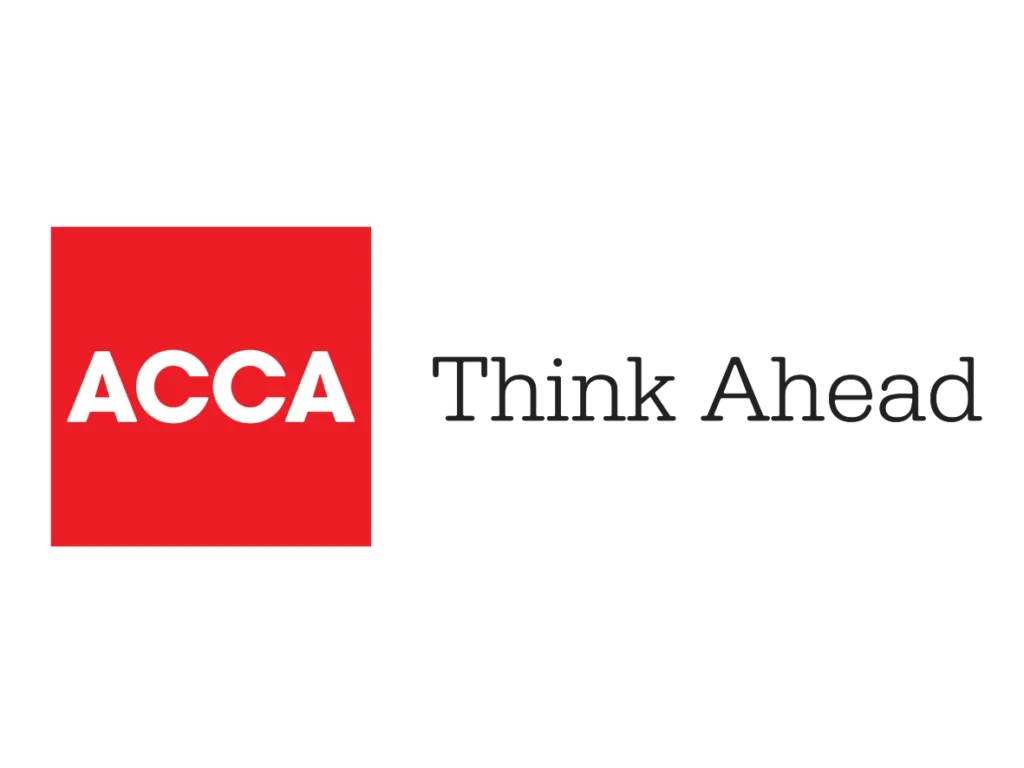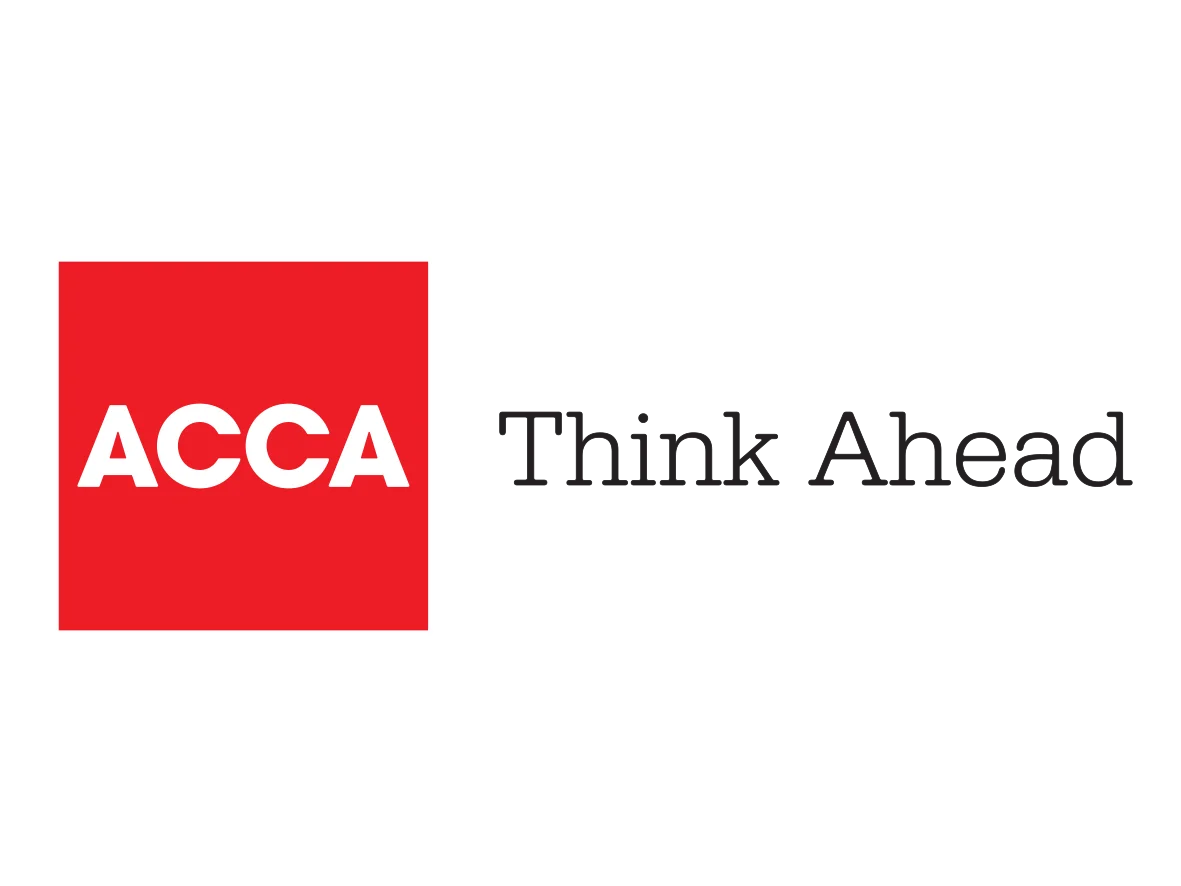Henry Thomas Advisory Portsmouth – Personal Tax Planning In 2025
Personal Tax Planning in 2025 is an essential step for individuals who want to stay ahead of potential changes to tax laws and ensure their finances are optimised. The landscape evolves every year, and with 2025 just around the corner, planning early can save you money and reduce stress. Whether you’re employed, self-employed, or managing investments, taking the time to organise your taxes now will pay off in the future.
Tax planning isn’t just about meeting deadlines or avoiding penalties; it’s an opportunity to maximise allowances, reduce liabilities, and make the most of tax-saving opportunities. By understanding what lies ahead, individuals can ensure they are fully prepared for any new regulations or changes in tax thresholds. For example, updates to income tax rates, personal allowances, or pension rules can have a significant impact on your overall financial health.
Starting your personal tax planning early also gives you the chance to work closely with professionals who can provide tailored advice. They can guide you on strategies that suit your specific financial situation, whether it involves structuring income, claiming reliefs, or timing investments to optimise tax efficiency.
In this article, we’ll cover the basics of personal tax planning, highlight upcoming changes for 2025, and share actionable strategies to help you stay ahead. By the end, you’ll have a clear roadmap for managing your taxes effectively and making the most of your financial opportunities in 2025.

Understanding the Basics of Personal Tax Planning
Personal tax planning in 2025 is about making informed decisions to ensure you pay the right amount of tax while maximising your financial benefits. For many, tax planning may seem daunting, but it’s simply a process of organising your financial affairs in a way that allows you to take full advantage of tax-saving opportunities.
Income Tax and How It Works
Income tax is one of the most significant areas of personal tax planning. It’s calculated on various sources of income, including your salary, pensions, rental income, and investments. Every individual has a personal allowance—a portion of income you can earn tax-free. In 2025, ensuring you use your personal allowance effectively is a key part of reducing your overall tax liability. For high earners, understanding the thresholds for higher tax rates is vital, as exceeding these can lead to a significant tax increase.
Making the Most of Allowances and Reliefs
Tax planning also involves making use of allowances and reliefs provided by HMRC. These include the Marriage Allowance, which lets you transfer a portion of your allowance to your partner, or the Personal Savings Allowance, which offers tax-free interest on savings. Reliefs like Gift Aid on charitable donations and pension contribution tax relief can also reduce your taxable income.
Exemptions to Consider
Certain types of income and assets are exempt from tax. For instance, profits from ISAs (Individual Savings Accounts) are free from tax, making them an excellent tool for long-term saving. Similarly, some capital gains fall below the annual tax-free threshold, meaning you may not need to pay tax on all profits from selling investments or property.
Why Planning Matters
Without proper planning, you may miss out on valuable allowances or reliefs. By understanding the basics of personal tax planning, you’ll be better equipped to organise your finances efficiently, avoid overpaying, and keep more of your hard-earned money.
Changes to Be Aware of in 2025
As we approach 2025, several anticipated and confirmed changes to tax laws and allowances are worth noting. Understanding these updates is a vital part of personal tax planning in 2025, as they can significantly impact your financial situation. Let’s explore some of the key changes and their implications.
1. Adjustments to Income Tax Thresholds:
One of the most discussed changes is the potential adjustment of income tax thresholds. While the government often reviews these thresholds, there are indications that the higher tax rate threshold might remain frozen, which could lead to more people paying higher rates of tax due to salary increases (often called “fiscal drag”). This makes it even more important to plan how to structure your income effectively.
2. Potential Changes to Capital Gains Tax:
Capital Gains Tax (CGT) rules are another area where changes are expected. Some proposals include reducing the tax-free allowance for capital gains or increasing CGT rates. If you are planning to sell investments, shares, or property, 2025 could be the year to carefully evaluate your timing and strategy to minimise your CGT liability.
3. National Insurance Adjustments:
National Insurance Contributions (NICs) may also see changes, especially for self-employed individuals. Adjustments in thresholds or rates could affect your take-home pay and the overall cost of employment for businesses. Self-employed individuals should plan ahead to ensure they account for potential increases.
4. Pension Reforms:
While no specific changes have been confirmed yet, there is ongoing discussion about reducing the relief available to higher earners. Ensuring you make the most of pension contributions now could save you money in the long run.
5. Increased Focus on Compliance:
HMRC’s “Making Tax Digital” initiative is rolling out further, meaning stricter requirements for digital record-keeping and submissions. Individuals and small businesses must ensure their records are up-to-date and compliant to avoid penalties.
Strategies for Effective Personal Tax Planning in 2025
Effectiveplanning in 2025 requires a proactive approach to maximise savings and minimise liabilities. With the right strategies, individuals can take advantage of tax allowances, carefully time their income, and make optimal use of available tax reliefs. Here are some actionable tips to help you get started.
1. Make the Most of Your Allowances:
Every taxpayer in the UK is entitled to certain allowances, such as the Personal Allowance and the Savings Allowance. In 2025, using these allowances effectively can make a significant difference. For example, you can transfer part of your unused Personal Allowance to your spouse through the Marriage Allowance if they earn less than you. Additionally, tax-free ISAs are a great way to shelter savings and investments from tax. Ensure you utilise your full annual ISA allowance before the tax year ends.
2. Time Your Income Strategically:
Timing your income can help you stay within lower tax brackets. If you expect to cross into a higher tax band in 2025, consider deferring income or bonuses to the next tax year. Self-employed individuals can manage their tax liabilities by carefully planning when to recognise income and expenses.
3. Plan Pension Contributions Wisely:
Pension contributions remain one of the most tax-efficient ways to save for the future. Contributions are tax-deductible, and higher earners can benefit from significant reliefs. Review your pension contributions to ensure you’re making the most of annual and lifetime allowances, which could change in 2025. If you’re a higher earner, consider maximising contributions before any anticipated reforms take effect.
4. Invest in Tax-Efficient Assets:
Investments such as Venture Capital Trusts (VCTs) and Enterprise Investment Schemes (EIS) offer tax reliefs for those looking to grow their wealth while reducing tax liabilities. These schemes provide income tax relief, and in some cases, exemption from Capital Gains Tax.
5. Work with a Professional Advisor:
Professional advice is invaluable when it comes to tax planning. An experienced advisor can help you identify opportunities specific to your circumstances, such as reliefs for charitable donations, and guide you through complex changes in tax laws. By having expert guidance, you’ll ensure compliance and uncover tax-saving opportunities you might otherwise miss.

Common Mistakes to Avoid in Personal Tax Planning
Even with the best intentions, errors in personal tax planning in 2025 can cost individuals significantly. By understanding and avoiding these common mistakes, you can save money and reduce the risk of fines or missed opportunities.
1. Missing Deadlines:
One of the most frequent mistakes is failing to meet deadlines. Late submissions of tax returns can lead to penalties from HMRC, which can quickly add up. It’s essential to know the key dates for filing and payment to avoid unnecessary charges. Planning your submission early in the year can help prevent last-minute rushes and ensure everything is submitted on time.
2. Overlooking Tax Reliefs and Allowances:
Failing to claim available reliefs and allowances is another common error. Many individuals miss out on benefits such as the Marriage Allowance, pension contribution relief, or the Personal Savings Allowance. These reliefs can reduce your liability significantly if used correctly. Regularly reviewing your financial situation can help ensure you’re taking full advantage of what’s available.
3. Neglecting to Track Investments:
Investments are often overlooked during tax planning, leading to missed opportunities for growth and savings. For example, not using the annual Capital Gains Tax exemption or failing to shelter investments in an ISA can result in higher tax bills. Staying organised and keeping track of investment portfolios ensures you optimise returns while minimising taxes.
4. Ignoring Professional Advice:
Many people try to manage their taxes without seeking expert help, which can lead to costly oversights. Tax laws and regulations can be complex and change frequently. A professional advisor can provide tailored advice to help you make informed decisions and avoid mistakes.

Working with HT Advisory
At HT Advisory, we specialise in helping individuals and families navigate the intricacies of personal tax planning. Whether it’s making the most of allowances, optimising pension contributions, or managing investment strategies, our team tailors advice to your specific needs. We pride ourselves on delivering clear, practical guidance that makes tax planning simple and stress-free.
2025 may bring new challenges, but it also offers new opportunities. By working with HT Advisory, you’ll have access to expert knowledge and strategies designed to save you time, money, and unnecessary hassle. Together, we can ensure you’re well-prepared to adapt to tax changes, meet deadlines, and make the most of your financial opportunities.
Don’t leave your finances to chance. Contact HT Advisory today to start planning for a more secure and prosperous future when it comes to your personal tax planning in 2025. Let us help you take control of your taxes, so you can focus on what matters most to you.
Call us on 02392 988841
Email: info@htadvisory.co.uk



